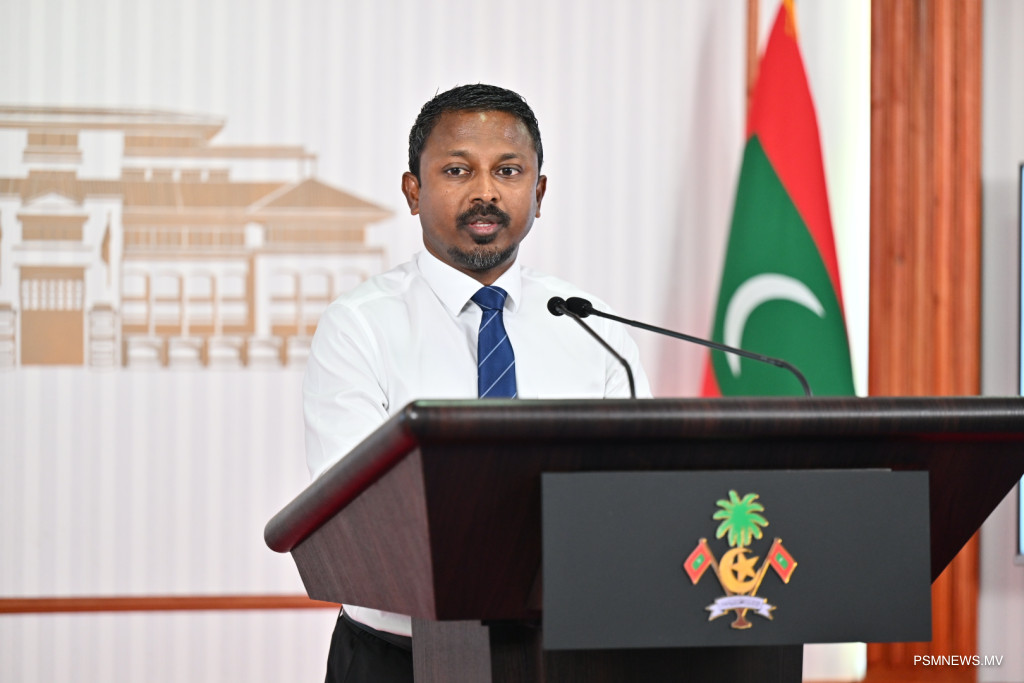Press Protections and Editorial Standards Strengthened in Proposed Amendments to Media and Broadcasting Bill

The Attorney General’s Office has submitted 14 proposed amendments to the draft Maldives Media and Broadcasting Regulation Bill, citing structural flaws and constitutional concerns that it says must be addressed to preserve press freedom and regulatory independence. The proposals were introduced during the committee stage of parliamentary review, where the Committee on Independent Institutions is currently examining the bill’s provisions.
Originally tabled by Abdul Hannan Aboobakuru, Member of Parliament for Thulhaadhoo, the bill seeks to promote journalistic freedom, curb the spread of misinformation, and establish ethical standards for media practitioners operating under constitutional protections. While the bill outlines a framework for responsible media conduct, the Attorney General’s Office has identified several provisions that it believes require substantial revision.
Among the most consequential changes is a proposed expansion of the Maldives Media and Broadcasting Commission’s mandate. Under the revised Section 7, the commission would be tasked with preventing content that contradicts Islamic values, promotes moral degradation, or encourages obscene behaviour.
To reinforce the commission’s autonomy, amendments to Sections 17, 19, and 20 would remove the President’s role in appointing or dismissing commission members, including the designation of its president.
Eligibility criteria for commission members would also be tightened. Section 18(f) is set to be amended to prohibit membership in any political party, replacing the narrower restriction on holding a party position. In tandem, Section 21 would be revised to assign dismissal authority to the entity responsible for a member’s appointment, should qualifications be lost.
Ethical standards for media organisations are addressed in the proposed revision to Section 39, which would now require the fair and transparent provision of news and information, in addition to the existing obligation to disclose truthful content. The protection of personal information is similarly reinforced in Section 41, where the language would be amended to prioritise respect for individual freedom rather than merely prohibiting unjust intrusion.
The bill’s approach to public interest reporting is also set to change. Section 42 would replace the current standard for disclosing information in disputed matters with a more detailed framework focused on disclosures related to public interest. Additional standards are proposed for Section 44 to further clarify the responsibility of media outlets to provide accurate information.
Editorial oversight is addressed through a new section requiring editors of media organisations to meet qualifications determined by the commission. This measure is intended to ensure editorial competence and uphold the quality of published content. The adjudication process would be formalised through the creation of a temporary committee empowered to investigate complaints, with procedural rules embedded in the legislation.
In a move to protect individual journalists, Section 67, currently allowing punitive action against media workers, is proposed for removal.
Financial autonomy for the commission is addressed through a new provision mandating an annual budget allocation, determined in consultation with the commission itself. The bill would also introduce clearer definitions for terms such as “public order”, “national security”, and “electronic media”, aiming to reduce ambiguity in enforcement.
One of the most significant revisions involves the removal of Section 66(f), which currently permits the commission to temporarily revoke a media outlet’s registration during an investigation. The government’s proposal to eliminate this clause signals a commitment to procedural fairness and due process.
